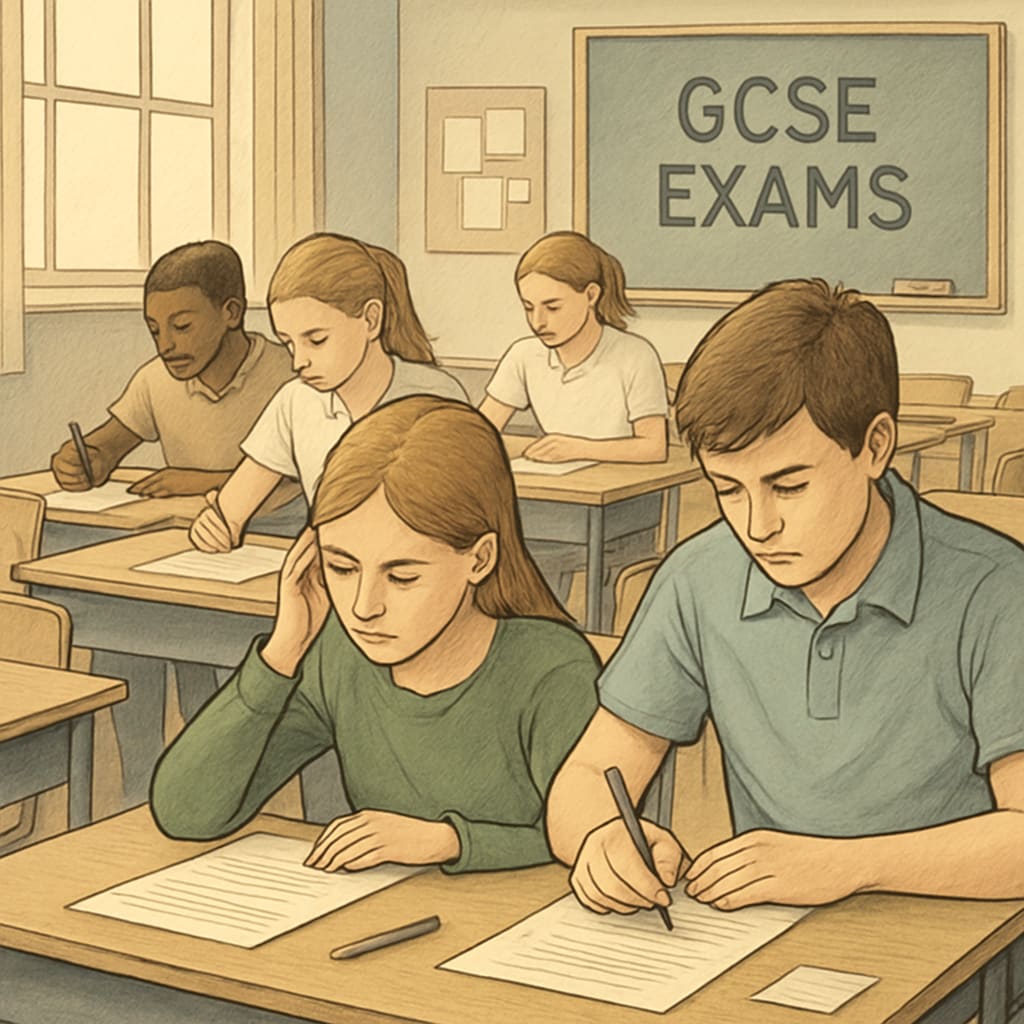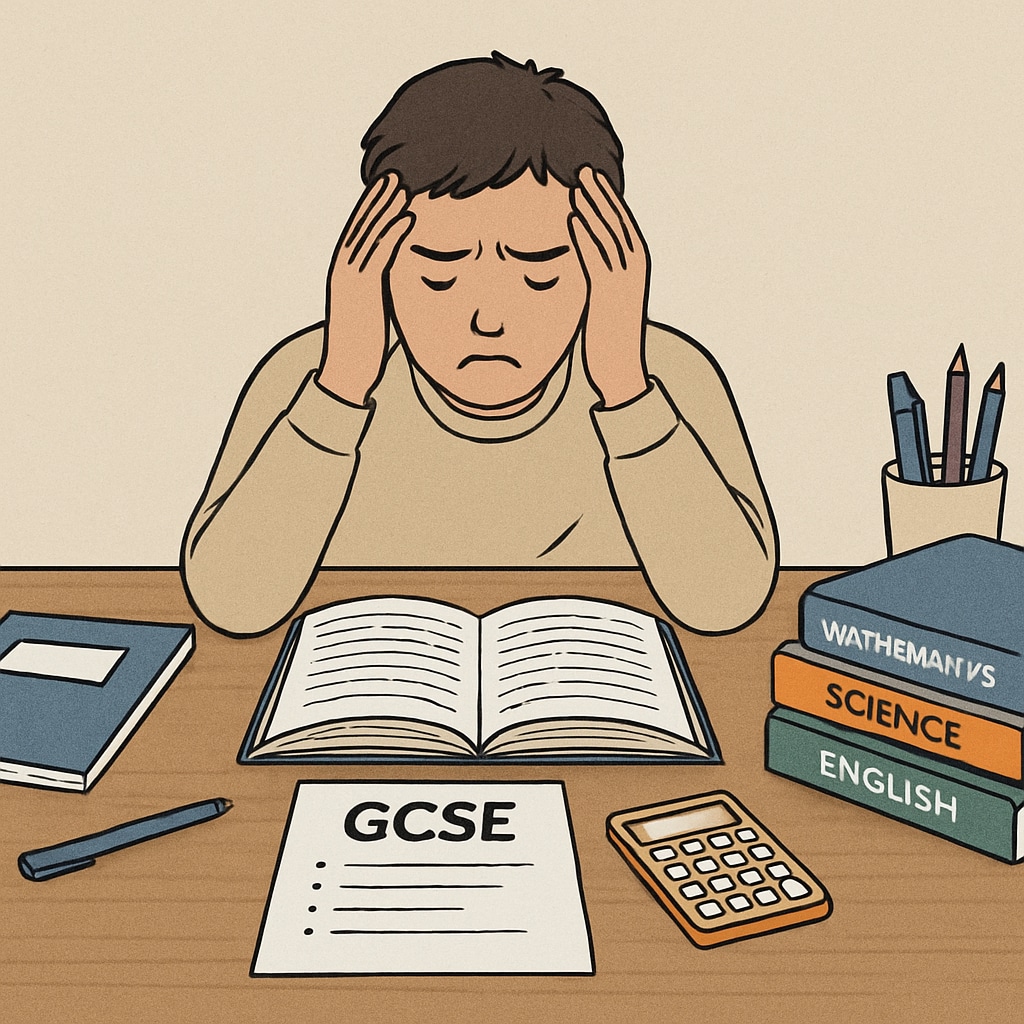For many students across the UK, GCSE results symbolize a pivotal moment in their academic journey. However, the pressure to excel often fuels academic anxiety, which can overshadow a student’s true potential and hinder their long-term career path. While grades undeniably play a role in shaping opportunities, overemphasis on exam performance raises critical questions about the broader definition of success in K12 education.

Exam-Centric Education: The Root of Academic Pressure
The UK’s education system has long prioritized standardized testing, with GCSE exams acting as a benchmark for a student’s knowledge and aptitude. This exam-centric model places immense pressure on students, often leading to unhealthy levels of stress and anxiety. The fear of failure or underperformance can have long-lasting consequences on mental health, including feelings of inadequacy or burnout.
According to studies conducted by Britannica, academic stress is one of the leading factors affecting adolescent mental health. Students often internalize the idea that their grades define their future, ignoring other avenues of personal development. As a result, schools must reevaluate their reliance on exams as the sole measure of success.
Understanding the Impact of Academic Anxiety
Academic anxiety is more than just pre-exam jitters; it can manifest in physical, emotional, and behavioral symptoms. For example, students may experience headaches, difficulty sleeping, or a lack of motivation, which can further impede their performance. Left unchecked, this anxiety can escalate into chronic stress disorders and negatively affect self-esteem.
In addition, the societal pressure surrounding GCSE results often exacerbates this anxiety. Parents and teachers may unintentionally place excessive emphasis on grades, reinforcing the idea that exam performance is the sole determinant of future success. As a result, students may struggle to explore their passions or make informed decisions about their career path.

Moving Toward Diverse Assessments and Career Planning
To combat the negative effects of academic anxiety, it is essential to introduce alternative forms of assessment in K12 education. Schools should consider implementing project-based evaluations, collaborative activities, and skill-based assessments that highlight a student’s unique strengths and abilities. These methods not only reduce pressure but also prepare students for real-world challenges.
In addition, career planning should become a core focus of secondary education. By offering personalized guidance and vocational training, schools can help students explore diverse career paths that align with their interests and talents. Resources such as career counseling and mentorship programs can empower students to make informed decisions, rather than relying solely on exam results.
Redefining Success in Education
Success in education should not be confined to a set of numbers on a report card. Parents, educators, and policymakers must collectively shift the narrative to emphasize personal growth, creativity, and adaptability. This shift requires fostering an environment where students feel valued for their individuality and encouraged to pursue their passions.
For example, introducing extracurricular activities, such as arts, sports, and community service, can cultivate a well-rounded skill set and improve mental well-being. Furthermore, open discussions about mental health can help students manage academic anxiety more effectively, ensuring a healthier outlook on their future.
By redefining success beyond exam results, the education system can equip students with the tools they need to thrive—both academically and personally—while alleviating unnecessary stress and anxiety.
Conclusion: The journey through GCSE exams is undoubtedly challenging, but it should not define the entirety of a student’s potential or future prospects. By embracing diverse assessments and prioritizing career planning, we can create an educational framework that values mental health and holistic growth. Let’s start transforming the way we measure success in K12 education—one step at a time.


